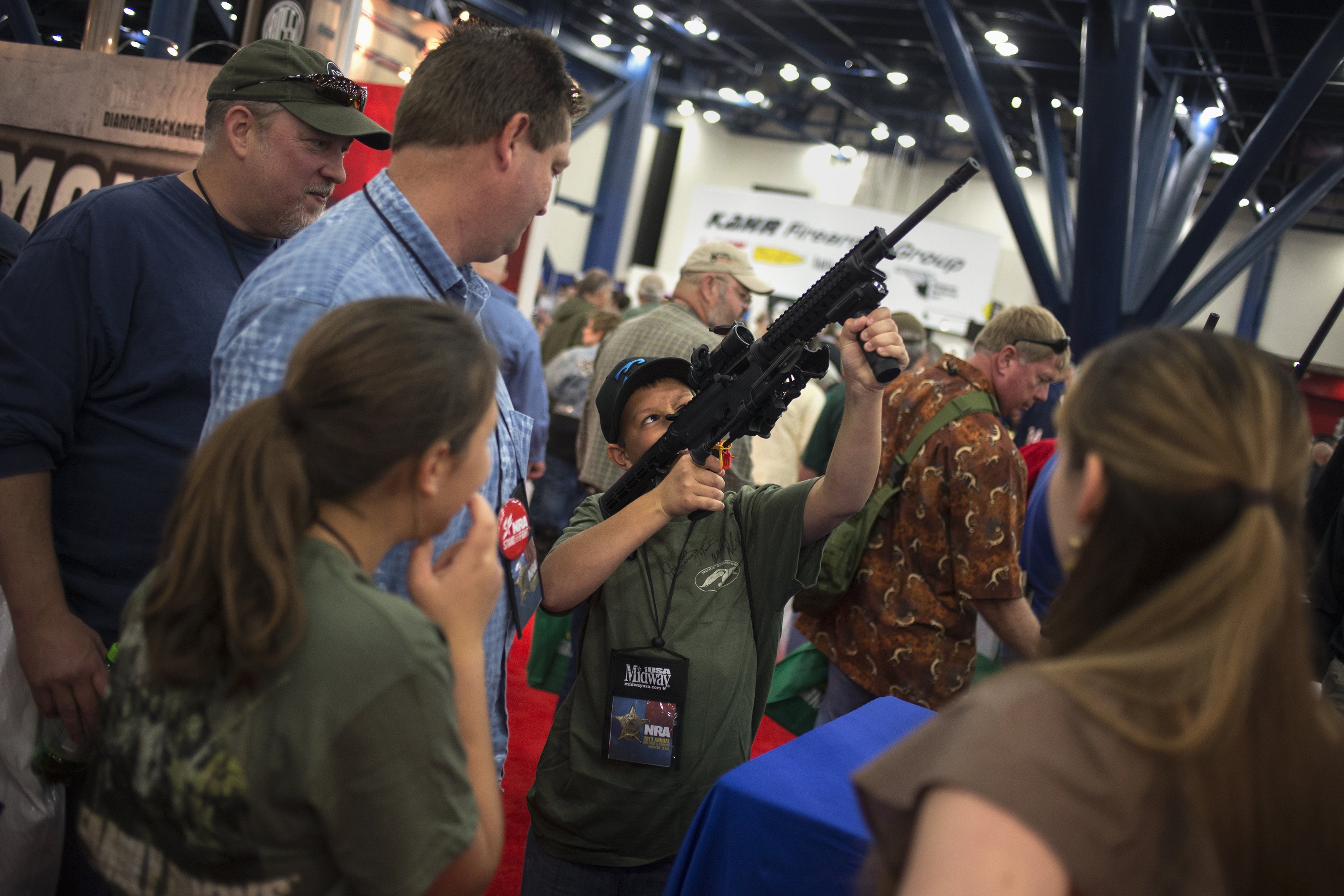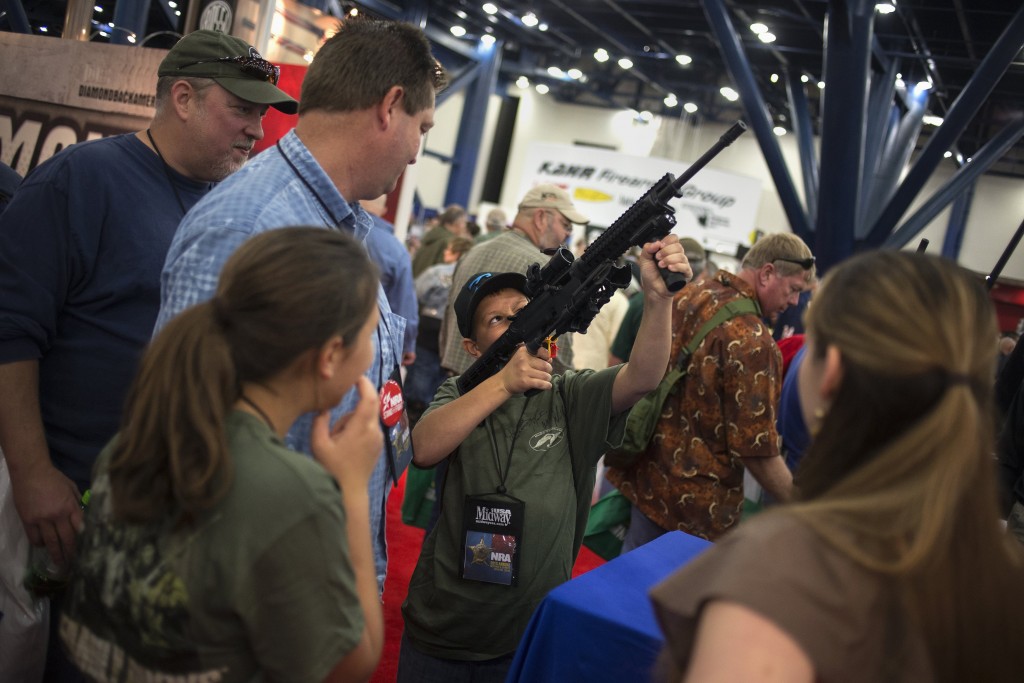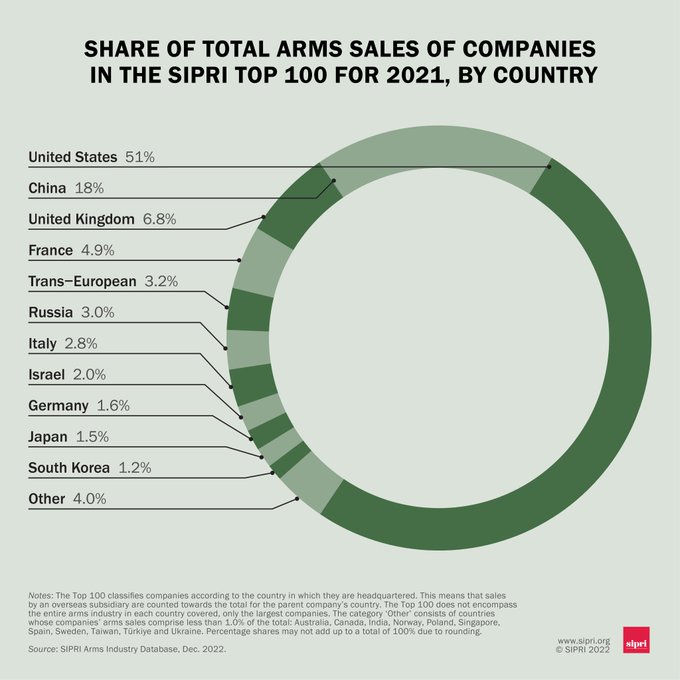Numerical evidence that shows peace in Japan:
The majority of Japanese people lead lives completely untouched by firearms.
It is common for individuals to go through their entire lives without ever seeing, touching, or firing an actual gun, an experience limited to television dramas or movies.
Gun regulations in Japan are strict, making it difficult to possess firearms, and there is little motivation for individuals to seek ownership.
Even among organized crime groups, many members do not carry guns, and the use of firearms by police officers in their line of duty is extremely rare.
As a result, the number of murders involving firearms in Japan is exceedingly low, with only two cases reported in 2006.
This state of affairs is commonly referred to as “peaceful.”
Gun Crime in the United States:
In stark contrast to Japan, the situation in the United States is noteworthy.
With a population of approximately 300 million people, there are around 270 million guns in circulation.
Simply put, on a per capita basis, it can be calculated that 9 out of 10 people own a firearm.
In 2008 alone, there were over 12,000 homicides involving guns (in the same year, Japan had 11).
The public safety situation appears challenging.
Furthermore, each year, the number of Americans who die in accidental gun discharges reaches into the hundreds.
Social Issues Plaguing America:
In the United States, gun regulations are lax, and the right to carry firearms for self-defense is allowed.
The widespread availability of guns has resulted in a significant number of casualties, but the problem goes beyond this:
- Lack of Security: In a society where individuals possessing deadly weapons are abundant, there is a constant sense of insecurity. With the uncertainty of when one might be attacked, people may feel the need to carry guns for personal security. However, relying on weapons does not bring true peace of mind.
- Tendency to Resort to Force Instead of Dialogue: While resolving conflicts through dialogue is a societal norm, it requires patience, intelligence, skills, empathy, and a cumulative learning from social experiences. It takes time and effort. However, individuals might resort to using firearms as a quick solution to make others comply, rather than engaging in thoughtful discussions. For example, resorting to gunfire over a minor disagreement on the road is far from a mature response.
- Inability to Cease Gun Production and Consumption to Sustain the Weapons Industry: The circulation of millions of guns indicates the enormity of the weapons industry. To sustain such a massive industry, there is a need to continually consume existing firearms and replenish them in an ongoing cycle. If society were peaceful, weapon manufacturing companies could face bankruptcy. The industry thrives in times of instability and poor public safety because increased fear and insecurity drive up sales.
Despite calls for gun regulation following mass shootings, the weapons industry vehemently opposes such measures as stricter regulations would directly impact their sales. This influence extends beyond adults; children are also considered customers. Engaging in activities like attending gun exhibitions as a family and allowing children to handle firearms, practices unimaginable in Japan, contribute to normalizing guns from an early age.
America as a Nation of War:
The United States, known for having an exceptionally high rate of gun crime worldwide, is simultaneously a prominent war nation.
It spent approximately 4 trillion dollars on the wars in Afghanistan and Iraq (how much is that in Japanese yen?).
Over 90% of America’s history involves being engaged in wars with various countries.
The country has shown a keen interest in actively supporting conflicts, including providing substantial support to ISIS.
The scale of the defense industry’s sales in the United States is unparalleled globally, solidifying its position as a leader in the arms trade.
The inclination to resolve matters through violence and to profit from the means of violence is starkly evident in international relations as well.
Conclution:
Japan should not emulate the negative aspects of the United States.
It is crucial to safeguard Japan’s peace.
Instead of relying on weapons, issues should be resolved through dialogue.
Unfortunately, due to politicians with strong pre-war sentiments managing the government, unconstitutional security legislation has been enacted.
However, the situation is not irreparable.
To nip the bud of evil in the bud, voters must make wise decisions.




朝日新聞.jpg)